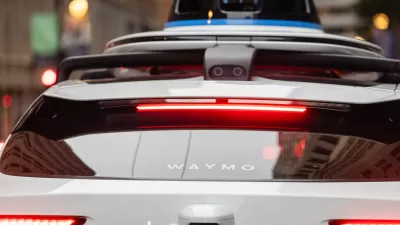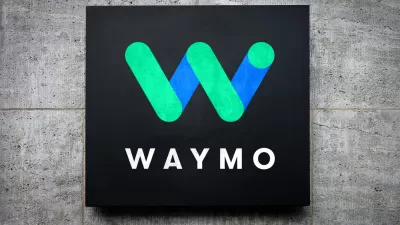Although driverless vehicles are being touted for their potential to reduce congestion and fuel consumption, among other benefits, Casey B. Mulligan argues they'll actually induce the reverse.
"Driverless vehicles are expected to help children, the blind, the elderly and others who currently cannot safely drive themselves. Helped by their huge amounts of data and computing power, driverless cars are also purported to reduce traffic congestion and nationwide fuel consumption by driving smarter."
"But smarter driving will lead to more driving, because smarter driving reduces the cost per mile of vehicle usage," argues Mulligan, an economics professor at the University of Chicago. "The end result of additional driving could be more traffic and more aggregate fuel consumption."
For Mulligan, this might not necessarily be bad news though. "Even if driverless vehicles led to more congestion and more aggregate fuel consumption, driverless vehicles would be a welcome technological advance, because the billions of hours that people already devote to driving could be put to alternative uses."
FULL STORY: The Future of Driving

Trump Administration Could Effectively End Housing Voucher Program
Federal officials are eyeing major cuts to the Section 8 program that helps millions of low-income households pay rent.

Planetizen Federal Action Tracker
A weekly monitor of how Trump’s orders and actions are impacting planners and planning in America.

Ken Jennings Launches Transit Web Series
The Jeopardy champ wants you to ride public transit.

Driving Equity and Clean Air: California Invests in Greener School Transportation
California has awarded $500 million to fund 1,000 zero-emission school buses and chargers for educational agencies as part of its effort to reduce pollution, improve student health, and accelerate the transition to clean transportation.

Congress Moves to End Reconnecting Communities and Related Grants
The House Transportation and Infrastructure Committee moved to rescind funding for the Neighborhood Equity and Access program, which funds highway removals, freeway caps, transit projects, pedestrian infrastructure, and more.

From Throughway to Public Space: Taking Back the American Street
How the Covid-19 pandemic taught us new ways to reclaim city streets from cars.
Urban Design for Planners 1: Software Tools
This six-course series explores essential urban design concepts using open source software and equips planners with the tools they need to participate fully in the urban design process.
Planning for Universal Design
Learn the tools for implementing Universal Design in planning regulations.
Heyer Gruel & Associates PA
Ada County Highway District
Institute for Housing and Urban Development Studies (IHS)
City of Grandview
Harvard GSD Executive Education
Toledo-Lucas County Plan Commissions
Salt Lake City
NYU Wagner Graduate School of Public Service





























